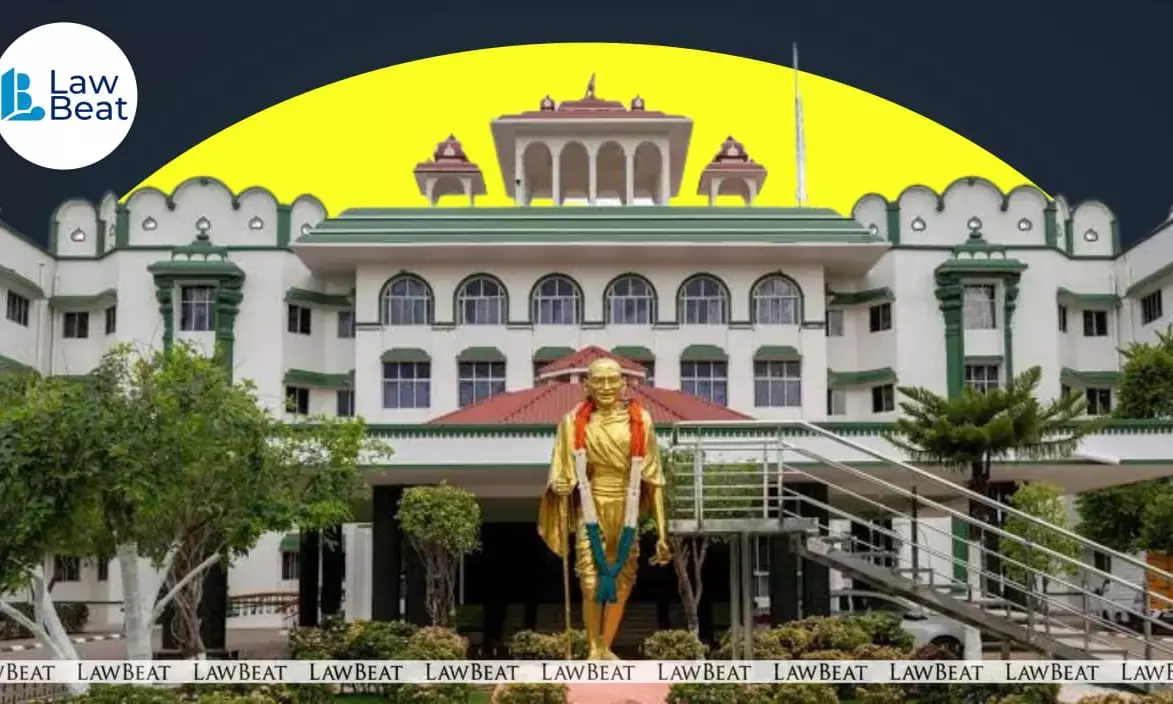'Broken Relationships Don’t Amount to False Promise-to-Marry Rape': Madras HC Quashes Case

Madras High Court quashes criminal proceedings, says long-term consensual relationship cannot become criminal deception
The Madras High Court, Madurai Bench, recently quashed criminal proceedings against a Dindigul man accused of having a sexual relationship with a woman advocate on the false promise of marriage, saying that a long-term consensual relationship cannot later be portrayed as deceitful or criminal.
The bench of Justice B. Pugalendhi allowed a petition filed by Saravanan C, who had been booked under Sections 69 and 351(2) of the Bharatiya Nyaya Sanhita (BNS), 2023 i.e. provisions dealing with sexual intercourse by deceitful means and criminal intimidation.
A complaint was filed by Pothumponnu, an advocate practising in Dindigul, who alleged that Saravanan had sexual intercourse with her in March 2020 after promising to marry her. She claimed their relationship continued for several years, but when she later asked him to marry her, he refused, allegedly citing caste differences and threatening her.
Saravanan, through his lawyer P. Sathish Kumar, denied any wrongdoing and said the relationship was mutual and voluntary. He argued that the complaint was filed only after the relationship broke down and that there was no evidence of deceitful intent at the beginning. The complainant, being an educated adult and a practising advocate, knew what she was doing, his counsel told the court.
The prosecution, however, maintained that Saravanan had made a false promise to marry and induced the complainant into a physical relationship, which amounted to an offence under Section 69 of the BNS.
After hearing both sides, Justice Pugalendhi observed that the relationship between the two had lasted from 2020 to 2025 and that there was no material to suggest that Saravanan never intended to marry her from the start. Citing several Supreme Court judgments, including Deepak Gulati v. State of Haryana (2013) and Mahesh Damu Khare v. State of Maharashtra (2024), court noted that only a promise made with dishonest intent from the beginning can amount to an offence, not a genuine relationship that later falls apart.
The judge pointed out that a long-standing consensual relationship weakens the claim that consent was obtained by deception. Referring to recent Supreme Court cautions, he said not every failed relationship should be given a “criminal colour”, as such misuse of the law burdens the courts and damages the reputation of the accused.
On the charge of criminal intimidation under Section 351(2) BNS, the High Court found no evidence of any threat that could sustain prosecution. The court noted that disputes arose only after the relationship ended and cited the Supreme Court’s decision in Prashant v. State (NCT of Delhi) (2024), which held that such allegations do not amount to criminal intimidation.
Justice Pugalendhi also made an important observation about social realities, stating that premarital intimacy between consenting adults is not uncommon and that courts should not “moralise personal conduct or convert private disappointment into litigation.”
“The law is not an instrument for resolving emotional fallouts or attributing moral blame arising from consensual acts between adults,” he said, adding that criminal law intervenes only when consent is vitiated by coercion, deception, or incapacity.
Finding that continuing the prosecution would amount to an abuse of process, the High Court quashed the proceedings pending against Saravanan before the Judicial Magistrate No.III, Dindigul.
Case Title: Saravanan . C vs State of Tamil Nadu and Another
Order Date: November 12, 2025
Bench: Justice B. Pugalendhi
